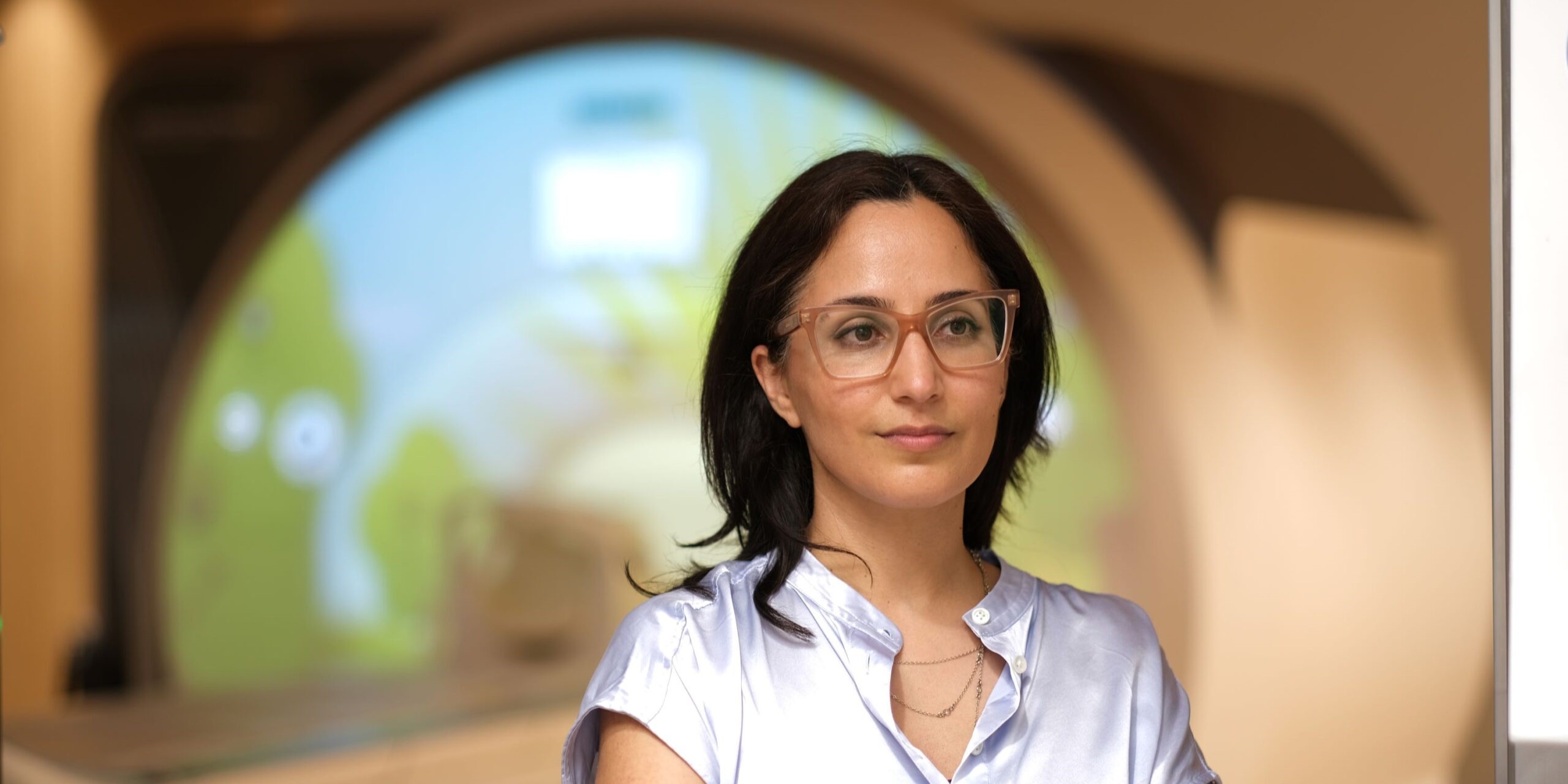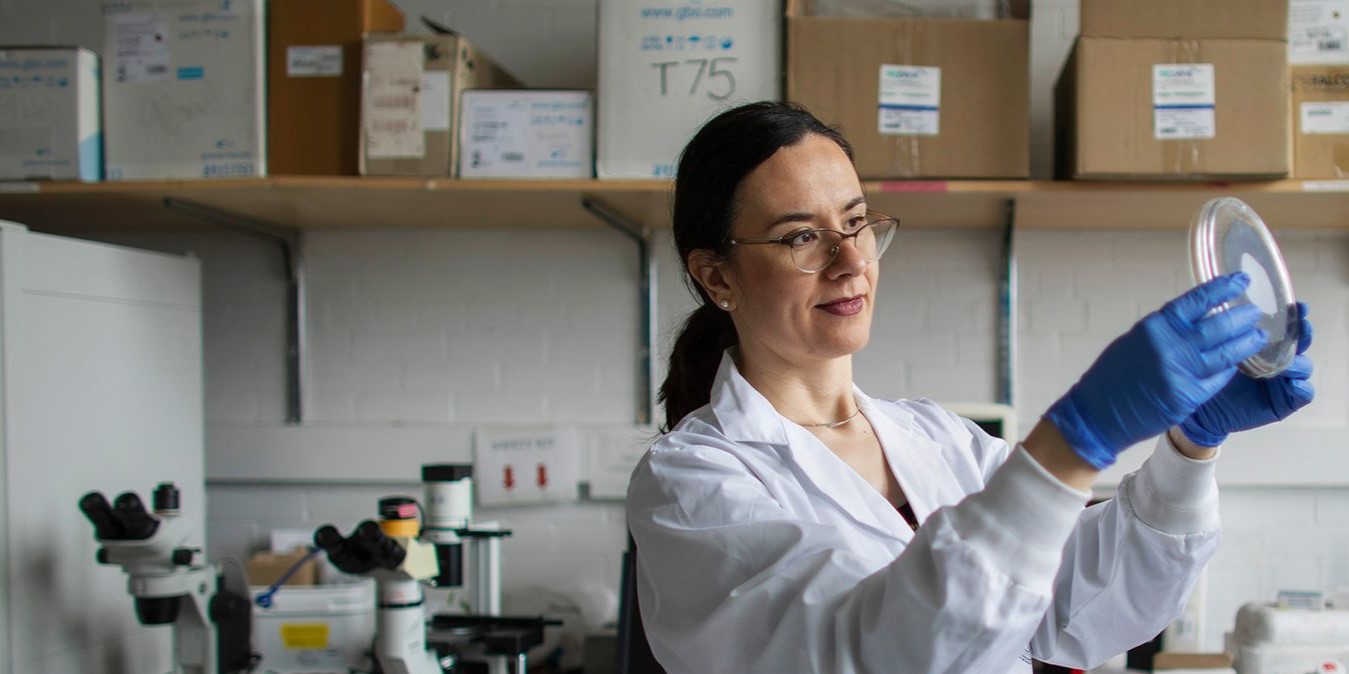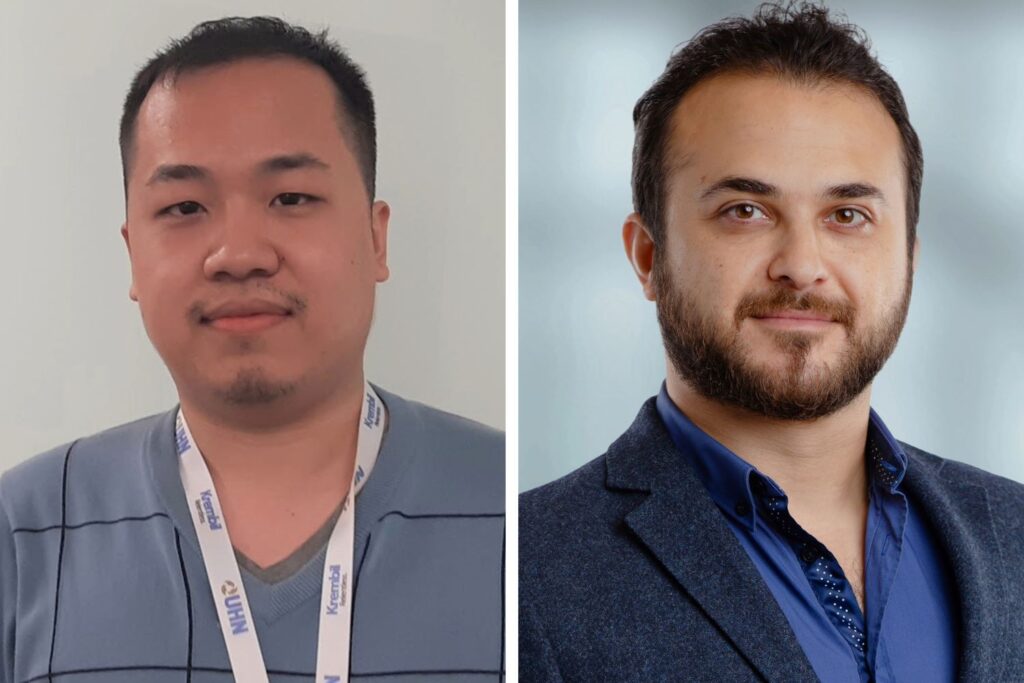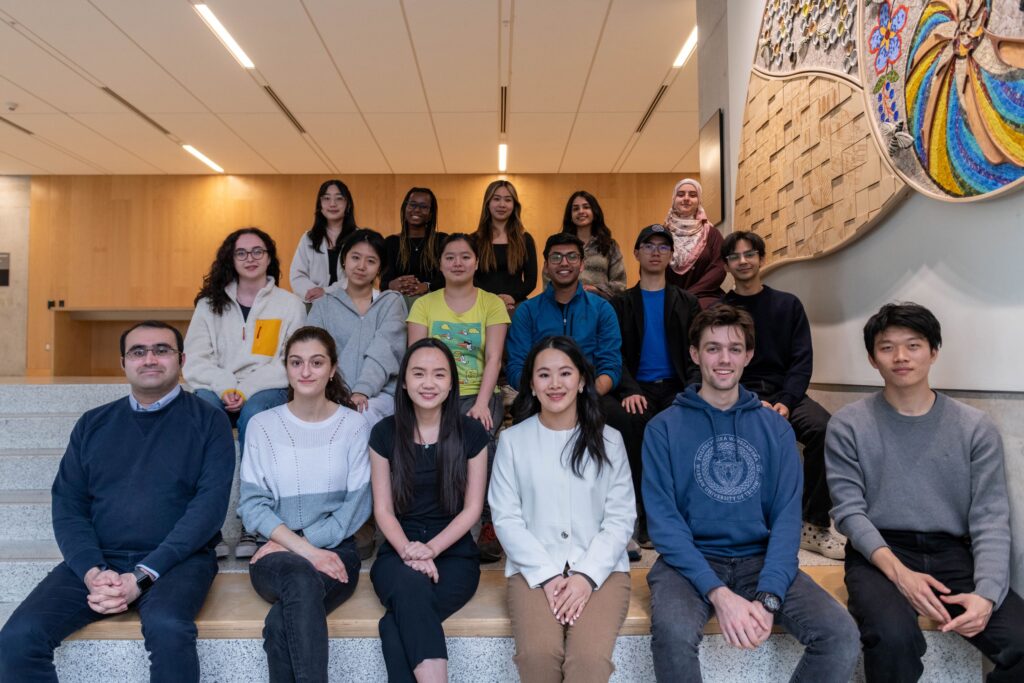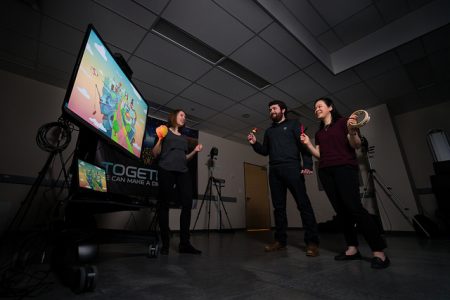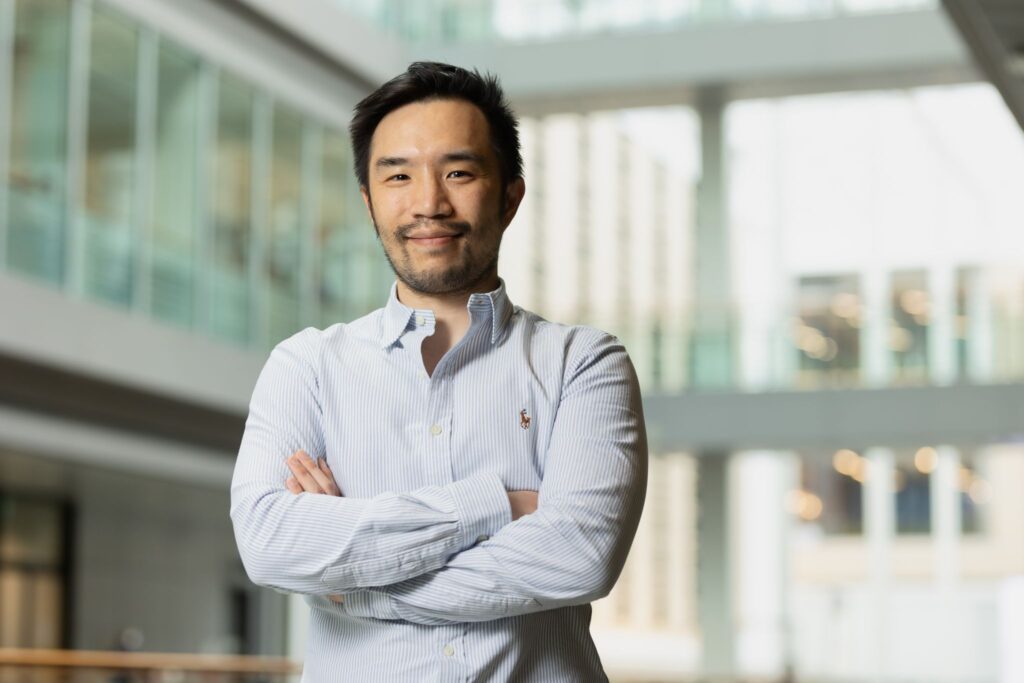News and stories
Computational model unveils dynamics of Deep Brain Stimulation
Deep Brain Stimulation (DBS) has been a longstanding adjunctive therapy for movement disorders like Parkinson’s disease, yet its precise mechanisms of action have remained elusive. In a recent study published in the journal Neuromodulation, Dr. Milad Lankarany and his team have introduced a computational model that accurately predicts the dynamics of neuronal activity during DBS across various frequencies.
Club for Undergraduate Biomedical Engineering Awarded the University of Toronto Student Life “Program of the Year” for Promoting Innovation and Collaboration
The Club for Undergraduate Biomedical Engineering (CUBE) at the University of Toronto continues to garner recognition for its exceptional achievements and contributions to the university community. Recently, CUBE was honoured to receive the 2024 “Program of the Year” Award from U of T Student Life for its commitment to excellence and innovation in promoting biomedical engineering at the campus. In 2023 – 2024 academic year, CUBE hosted a total of 10 events and 11 workshops.
New research aimed to improve early childhood music education
Researchers from the University of Toronto have unveiled a new technological breakthrough that promises to transform early childhood music education. The study addresses a critical gap in musical instrument classification, particularly concerning non-pitched percussion instruments. The findings are published in a recent issue of PLOS one.
Accelerate Seed Grant recipient aims to improve delivery of drugs that treat brain diseases using self-driving lab technology
Professor Leo Chou have received Acceleration Consortium Seed Grant funding for his research on building DNA origami as a delivery vehicle for therapeutic agents
